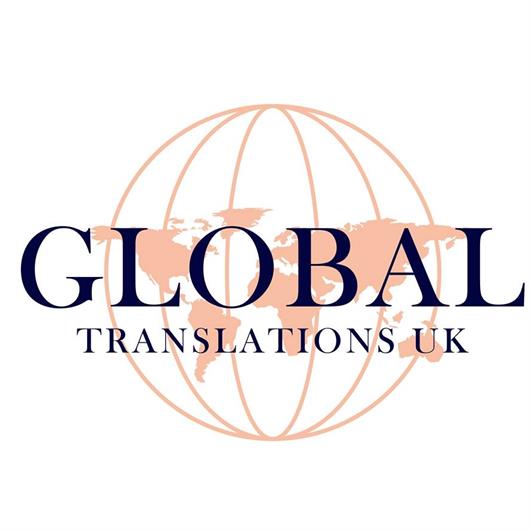 Add My Company
Add My Company
Sign In

Until February, Russian translation services will have featured regularly in the workload of those carrying out translation services around the world.
At that time, there were many Russian businessmen with major interests and assets across Europe, especially in cities like London, hydrocarbon energy was freely traded and the Nordstream 2 pipeline was about to come online, while many western businesses had their own trade interest in Russia.
It may seem that all this has suddenly vanished once the war began in Ukraine. Western sanctions have seen a commitment to gradually move away from Russian energy – especially in the UK where gas imports were low in volume anyway and have now ceased – and firms have cut ties with Russia.
Perhaps most notably, oligarchs like Roman Abramovich have had assets in the west seized, notably the forced sale of Chelsea Football Club.
However, this general picture of sanctions does not apply universally. Part of the reason for this is necessity. Britain might not need Russian gas, but many EU countries, such as Germany and Italy, have a high level of reliance on it, notwithstanding the mothballing of Nordstream 2.
This is where energy translation services need to be very concise and accurate, as the matter is a very delicate one. Russia has already reduced supplies to the west and may yet cut them off this winter as a means of exerting pressure on nations supporting Ukraine.
Further pressure has come in the form of a demand for payments for gas in Roubles, a move that breaches existing contracts and is seen as an attempt by Mr Putin’s regime to prop up the Russian currency.
While many big decisions will be made by politicians and at diplomatic level, it is vital that those who are out of necessity working in this tense environment can ensure their communications in Russian are as accurate as possible, so there is no scope for misinterpretation that could cause a delicate situation to deteriorate.
Indeed, while Germany’s gas regulator was warned that even the almost full stocks of stored gas in Germany will only last two and a half months if Russia turns off the taps this winter, such a move would also be highly damaging to the Russian economy, which provides a compelling reason not to do this.
Dealing directly with Russian firms like Gazprom may not be the only need people have for Russian translation services; not every Russian speaker is on the receiving end of sanctions.
For example, while Mr Putin used allegations of mistreatment of Russian-speaking minorities in Ukraine as a pretext for invasion, the fact is many such people are as opposed as anyone else in Ukraine to the war. In some cases, they will be among those who have fled the country and will need translation services, just as others will need and want translations into Ukrainian.
In short, the need for Russian translations, while not quite what it was, will remain. Moreover, in many cases it makes sense to maintain communication as this may prove particularly useful should the political situation change, providing new commercial, diplomatic and other opportunities for those able to maintain a conversation.
For more information on Why Russian Translation Services Still Matter talk to Global Translations UK
Enquire Now
List your company on FindTheNeedle.
